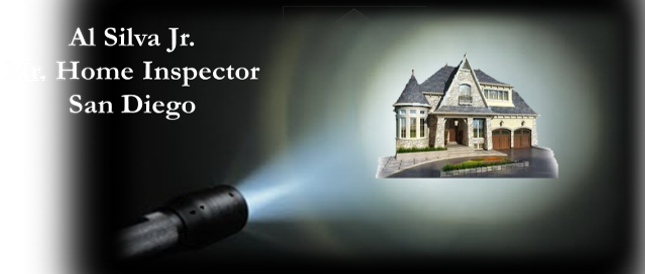Swimming Pool Safety Act
A new California law known as the Swimming Pool Safety Act (SB442) has been signed by Governor Brown and became effective on January 1, 2018. The law requires new or remodeled pools and spas to have two of seven child protective safety barriers. While existing pools and spas are not required to add additional safety barriers, the California Real Estate Inspection Association (CREIA) suggests when it comes to protecting our young and vulnerable, all pools and spas should ensure appropriate safety barriers identified in the bill.
This bill stipulates that an appropriate inspection of real property with a swimming pool or spa must include non-invasive, physical examination of the pool or spa and dwelling. It also requires that this information be included in the home inspection report.
Contact me for more information. The full text of the bill can be found here.
Corrugated Stainless Steel Tubing
In 2018 the Governor signed SB-998, known as the “Proper Bonding and Grounding of Corrugated Stainless Steel Tubing Act.”
What is Corrugated Stainless Steel Tubing?
Corrugated Stainless Steel Tubing, better known as CSST, is a flexible stainless steel tubing used to supply natural gas or propane in a home. It is an alternative to rigid steel or iron pipes generally used to carry natural gas through a home. Builders and contractors like CSST because as it is flexible, it is much easier to install than rigid pipe. In addition, because elbows and other connectors are not needed to go around corners, CSST is less prone to leaks than rigid pipe, making it safer. It has been used in homes in the US since 1990. It is a very popular product when homes are remodeled and homeowners want to relocate the furnace or other gas appliance to a different part of a house.
CSST should NOT be confused with flexible gas appliance connectors that are commonly used to connect gas appliances to the gas valve at a wall. Flexible gas appliance connectors are NOT part of this law.
The concern with CSST is if it comes in contact with electricity, the pipe can become energized. This can shock anyone who comes in contact with the CSST or gas appliances that are connected with CSST. And in some cases, such as a lightning strike, the CSST can become damaged and start a fire.
However, CSST that is properly bonded and grounded is considered to be generally safe even when struck by lightning.
Bonding is the process of connecting items that carry an electrical charge, such as metal, to each other so there are electrical continuity and conductivity between each item. This means all conductors are at the same potential, and the positive and negative ions are balanced. Grounding extends this connection to a ground connection.
SB-998, known as the “Proper Bonding and Grounding of Corrugated Stainless Steel Tubing Act” simply states if a home inspector notices CSST in a home, the inspector shall note the presence of the CSST in the home inspection report and put this comment in the report:
“Manufacturers of yellow corrugated stainless steel tubing believe that yellow corrugated stainless steel tubing is safer if properly bonded and grounded as required by the manufacturer’s installation instructions. Proper bonding and grounding of this product can only be determined by a licensed electrical contractor.”
Garage Door Openers
A Change in California Law Will Affect Professional Home Inspectors
Senate Bill No. 969
California has recently had its most destructive fire season with widespread power outages that made it difficult and or impossible for some to escape. With the loss of electricity, garage door openers were impacted and deaths were attributed to homeowners becoming trapped and who perished because they could not open their garage doors manually.
Reports from the 2017 Northern California fires recounted stories of neighbors stopping to help raise garage doors for elderly people who didn’t have the strength to manually open their garage door, and a mother who struggled to get her disabled son into a car because their custom van was in the garage they couldn’t open.
On September 1, 2018 Governor Brown signed SB 969 into law. This legislation requires newly sold or installed garage door openers in residential applications to have battery backup in the state of California.
California SB 969 Facts:
- The law goes into effect July 1, 2019.
- The law applies to all new garage doors and garage door opener installations.
- Homeowners must install a battery backup opener when a new door is installed or when they replace their existing opener.
- Existing openers in use will not have to be replaced with battery backup openers unless the door is being replaced.
- On or after July 1, 2019 no person, corporation, or entity shall manufacture for sale in this state, sell, offer for sale at retail or wholesale, or install in the state of California a residential automatic garage door opener that does not a have battery backup function that is designed to operate when activated because of an electrical outage.
- Failure to follow this will result in a civil penalty of $1000 per opener installed and operational.
Here is what was signed into law:
This bill, beginning July 1, 2019, requires an automatic garage door opener that is manufactured for sale, sold, offered for sale, or installed in a residence to have a battery backup function that is designed to operate when activated because of an electrical outage. This bill would make a violation of those provisions subject to a civil penalty of $1,000. This bill will, on and after July 1, 2019, prohibit a replacement residential garage door from being installed in a manner that connects the door to an existing garage door opener that does not meet the requirements of these provisions.
